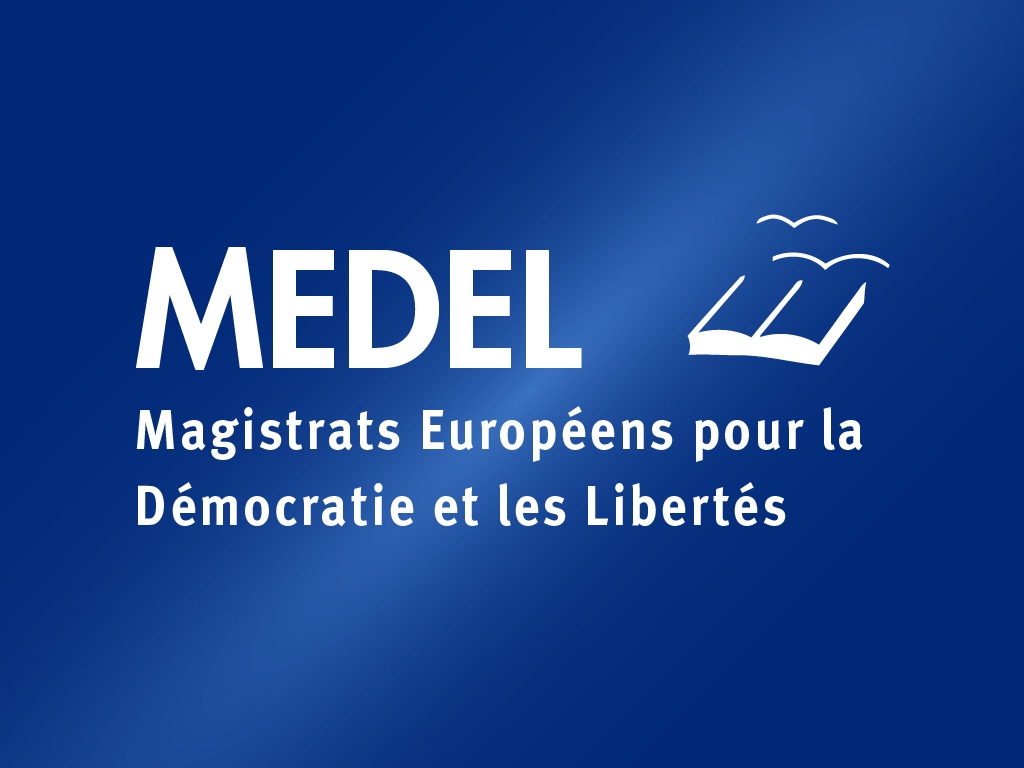The European Organisation of Magistrates for freedom and liberties, recalling that the Federal Constitutional Court of Germany has held certain provisions of the German Telecommunications Act to be unconstitutional for infringing civil liberties, namely for being unclear about the legal basis of providing customer data to state bodies and for the lack of sufficient thresholds as requirements for such undisclosure of personal data, taking note of the fact that the Federal Republic of Germany has now started a legislative process to amend the Telecommunication Act and on the law governing the provision of customers data (BR-Drs. 664/12), noting that the provisions in the draft
a) do not draw a definite line about the legal basis for such undisclosure of personal data, but only define to which public bodies the data may be handed over,
b) do not confine the undisclosure of customer data to individual cases,
c) do not exclude that the personal data of persons may also be disclosed to facilitate investigations of minor offences,
d) entirely lack to provide for an information of the customers, whose data have been transmitted, thus practically excludes efficient judicial review,
bearing in mind the freedoms and liberties as well as requirements addressing the member states of the EU that are established and protected in international and EU-law, namely
a) the right to privacy (Article 7 of the Charter and Article 8 ECHR),
b) the right to the protection of personal data (Article 8 of the Charter),
c) the right to freedom of expression (Article 11 of the Charter and Article 10 ECHR) and
d) the right to Good Administration (Article 41 of the Charter),
underlining that the said freedoms and liberties largely, and in the age of modern telecommunication increasingly contribute to maintain a society that respects civil liberties and may be called a society in freedom,
i) expresses sincere doubts about whether the draft pays due respect to the aforementioned and relevant freedoms and liberties, namely as it could be disproportionate, unnecessary or inappropriate to achieve aims, that in themselves are legitimate,
ii) strongly suggests to invite stakeholders of the civil society and experts to contribute their view on the issue and give enough room for a thorough political discussion,
iii) urges all stakeholders to bear in mind the importance to permanently protect civil liberties and the rule of law, as these are undispensable prerequisites of a society that provides for freedom and security


